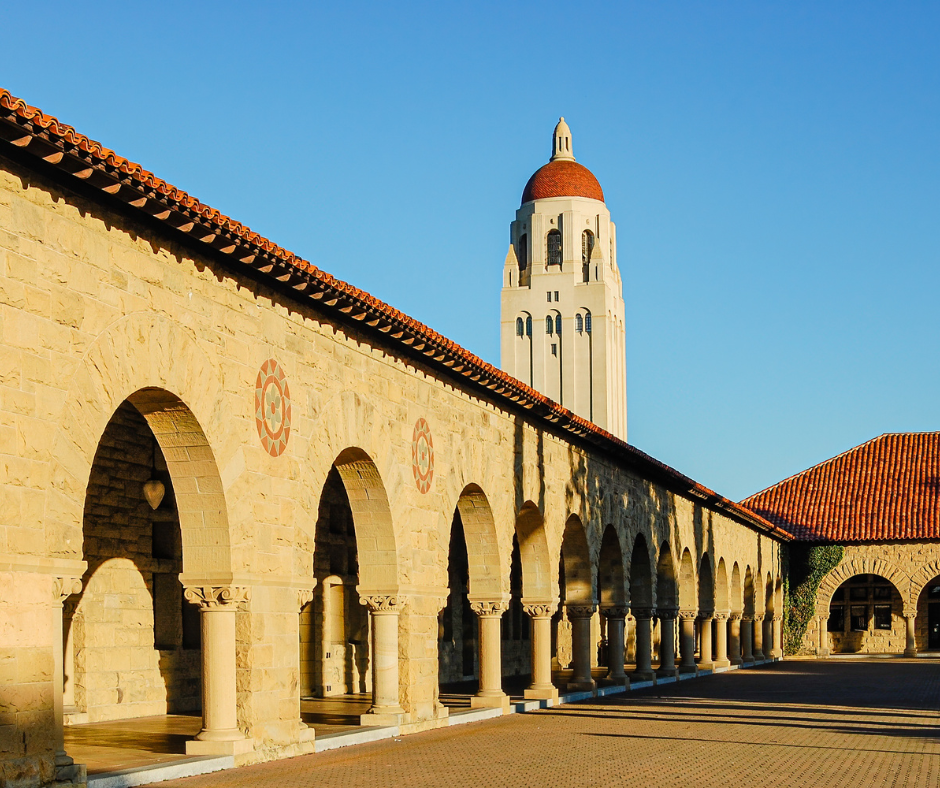
Research at the intersection of the arts, economics
The Living Opera Foundation is committed to advancing rigorous research at the intersection of the arts, economics, and human flourishing. Our work investigates how artistic engagement influences well-being, community vitality, and economic opportunity, with the goal of providing evidence-based insights that strengthen the cultural sector.
This research is led by Dr. Christos Makridis, an economist and professor affiliated with Stanford University, Arizona State University, Baylor, with previous fellowships at Harvard and MIT. His scholarship spans labor markets, digital technologies, and the creative economy, with articles published in leading academic journals and featured in outlets such as the Wall Street Journal, Fortune, and Forbes.
Through the Foundation, Dr. Makridis applies this expertise to the performing arts. Current projects include studying the long-term impacts of arts education, the role of cultural participation in shaping optimism and resilience, and the ways in which digital technologies can expand access to classical music. As part of this effort, the Foundation contributed a chapter to the Handbook on Early Childhood Education titled “The Role of Arts and Music in Early Childhood Education,” which examines how creative engagement during formative years supports cognitive development, emotional regulation, and lifelong learning outcomes.
By connecting academic research with real-world practice, the Living Opera Foundation positions the arts as not only a cultural treasure but also a driver of social flourishing. If you would like to support Dr. Makridis work, please consider donating to our Foundation to further the future of scientific research in the arts.